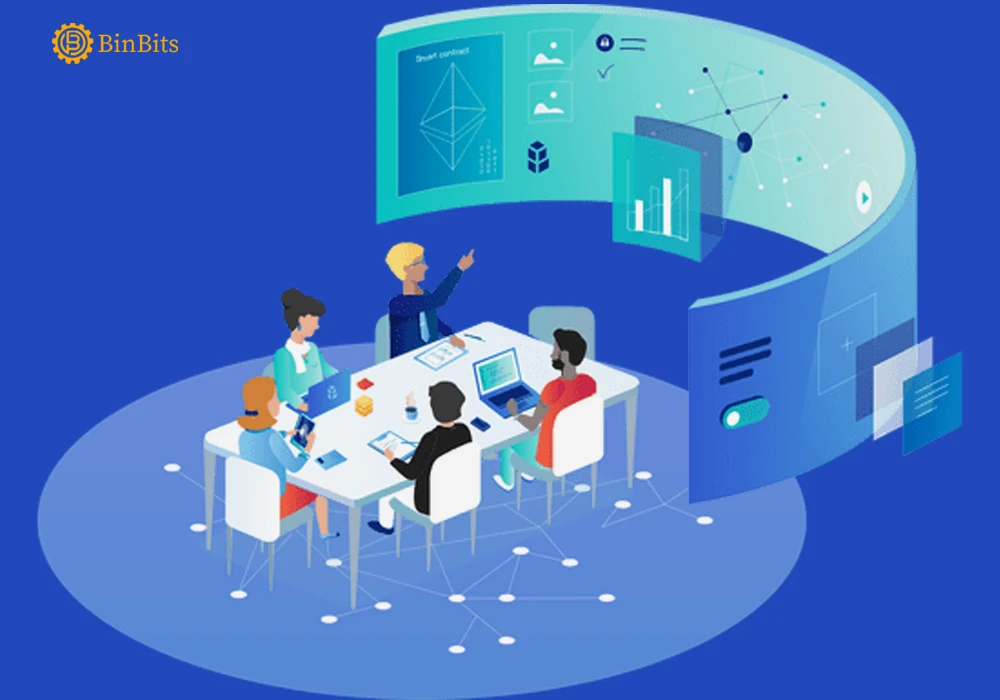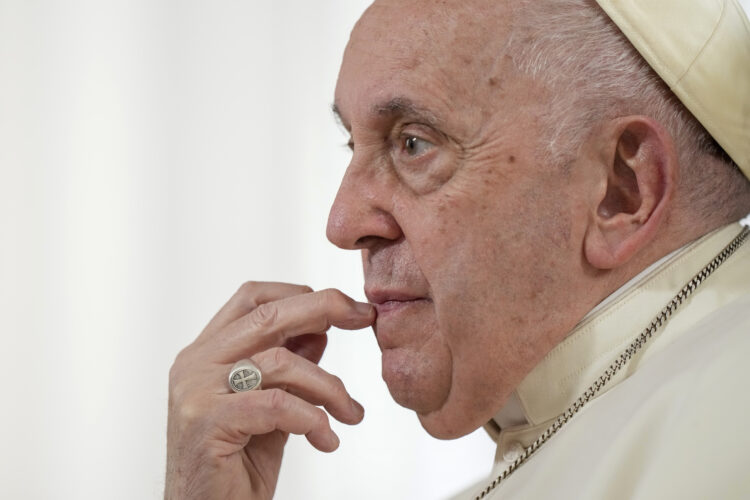Future Of Gaming Uncertain: FTC Challenges Microsoft-Activision Deal

Table of Contents
The FTC's Concerns and Arguments Against the Merger
The Federal Trade Commission (FTC) launched its challenge based on concerns about anti-competitive practices that could arise from the merger. The FTC argues that the acquisition would give Microsoft an unfair advantage, stifling competition and potentially harming consumers. Their primary concerns revolve around:
-
Reduced competition in the console gaming market: The FTC argues that Microsoft, already a major player with its Xbox consoles, acquiring Activision Blizzard – the creator of hugely popular franchises like Call of Duty, Warcraft, and Candy Crush – would significantly reduce competition, giving Microsoft an insurmountable lead over rivals like Sony and Nintendo. This could lead to higher prices, reduced innovation, and less choice for gamers.
-
Potential for Microsoft to leverage Activision's popular franchises to harm competitors: The FTC is particularly worried about Microsoft's potential to make Activision's titles, especially Call of Duty, exclusive to Xbox or offer them on competing platforms at a disadvantage. This could severely damage Sony's PlayStation ecosystem, its main competitor in the console market.
-
Impact on game subscription services and cloud gaming markets: The merger could give Microsoft an overwhelming advantage in the rapidly growing subscription and cloud gaming markets, potentially squeezing out competitors and limiting consumer choice. The FTC fears that Microsoft could use its control over Activision's titles to make its own subscription services, like Xbox Game Pass, far more appealing, effectively killing off rivals.
The FTC's legal strategy hinges on demonstrating that the merger substantially lessens competition, a key element in antitrust law. The success of their challenge will depend on presenting compelling evidence supporting these claims.
Microsoft's Defense and Proposed Solutions
Microsoft vehemently denies the FTC's claims, arguing that the merger will benefit consumers through increased innovation and wider access to games. They counter the FTC's arguments with several proposed solutions aimed at mitigating competitive concerns:
-
Long-term agreements to keep Call of Duty on PlayStation: Microsoft has offered long-term contracts to keep Call of Duty available on PlayStation consoles, aiming to reassure Sony and demonstrate its commitment to fair competition. The length and terms of these agreements remain a point of contention.
-
Investment in cloud gaming infrastructure to promote competition: Microsoft intends to invest heavily in its cloud gaming infrastructure, arguing this will increase competition and benefit all gamers, regardless of their preferred platform.
-
Commitments to maintain fair pricing and access to Activision's games: Microsoft has pledged to maintain fair pricing and ensure broad access to Activision's games across various platforms, aiming to address concerns about potential price gouging or exclusivity deals.
The effectiveness and plausibility of these solutions will be key factors in determining the outcome of the FTC's challenge. The FTC will need to assess whether these commitments are sufficient to prevent anti-competitive behavior.
Impact on the Gaming Landscape and Key Players
The FTC Challenges Microsoft-Activision Deal has profound implications for various stakeholders within the gaming ecosystem:
-
Consumers (gamers): The outcome will directly impact gamers' access to games, pricing, and the overall quality of the gaming experience. Concerns range from potential price increases to reduced game availability on preferred platforms.
-
Competitors (Sony, Nintendo, etc.): The merger could significantly alter the competitive dynamics, potentially giving Microsoft an overwhelming market share and harming competitors' ability to compete effectively.
-
Developers: The merger's impact on developers remains uncertain. While it could potentially lead to increased funding for game development, it also raises concerns about working conditions and potential creative limitations under Microsoft's control.
The reactions of industry stakeholders have been diverse, with Sony actively opposing the merger and others expressing a range of opinions depending on their position in the market.
Legal Precedents and Antitrust Law Implications
The FTC's challenge is grounded in antitrust laws designed to prevent monopolies and promote fair competition. Relevant precedents, such as past cases involving mergers in other industries, will guide the legal proceedings. Both Microsoft and the FTC will employ legal strategies centered on demonstrating (or refuting) substantial lessening of competition. Potential outcomes range from the FTC winning and blocking the merger to a negotiated settlement with conditions attached, or even a complete dismissal of the case. The outcome will have significant implications for future mergers and acquisitions in the gaming industry, setting precedents for how regulators will approach similar deals in the future. The AT&T-Time Warner merger case, for example, offers a relevant comparison, highlighting the complexities and uncertainties involved in such legal battles.
Conclusion: The Future of Gaming Hangs in the Balance: FTC Challenges Microsoft-Activision Deal
The FTC Challenges Microsoft-Activision Deal presents a crucial juncture for the future of gaming. Both sides have presented strong arguments, but the ultimate outcome remains uncertain. The FTC's concerns regarding anti-competitive practices are significant, while Microsoft's proposed solutions aim to mitigate these risks. The legal battle’s resolution will not only determine the fate of this specific merger but will also set a precedent for future mergers and acquisitions in the industry. The potential impacts on consumers, competitors, and developers are substantial, making this case a pivotal moment in the gaming industry’s history. To stay informed about the ongoing developments in this crucial case, follow updates from reputable news sources such as the FTC website, major gaming news outlets, and legal analysis websites covering the "Microsoft Activision merger," the "FTC antitrust lawsuit," and the "future of the gaming industry." The implications are far-reaching, and staying informed is crucial.

Featured Posts
-
 Trump Era Trade Policies Risks And Realities For American Financial Primacy
Apr 22, 2025
Trump Era Trade Policies Risks And Realities For American Financial Primacy
Apr 22, 2025 -
 Alterya Joins Chainalysis Boosting Blockchain Security With Ai
Apr 22, 2025
Alterya Joins Chainalysis Boosting Blockchain Security With Ai
Apr 22, 2025 -
 Ryujinx Emulators Closure Details Following Nintendo Contact
Apr 22, 2025
Ryujinx Emulators Closure Details Following Nintendo Contact
Apr 22, 2025 -
 Access To Birth Control The Otc Revolution After Roe V Wade
Apr 22, 2025
Access To Birth Control The Otc Revolution After Roe V Wade
Apr 22, 2025 -
 Analyzing Pope Franciss Reign The Conclaves Role In Shaping The Future Papacy
Apr 22, 2025
Analyzing Pope Franciss Reign The Conclaves Role In Shaping The Future Papacy
Apr 22, 2025
